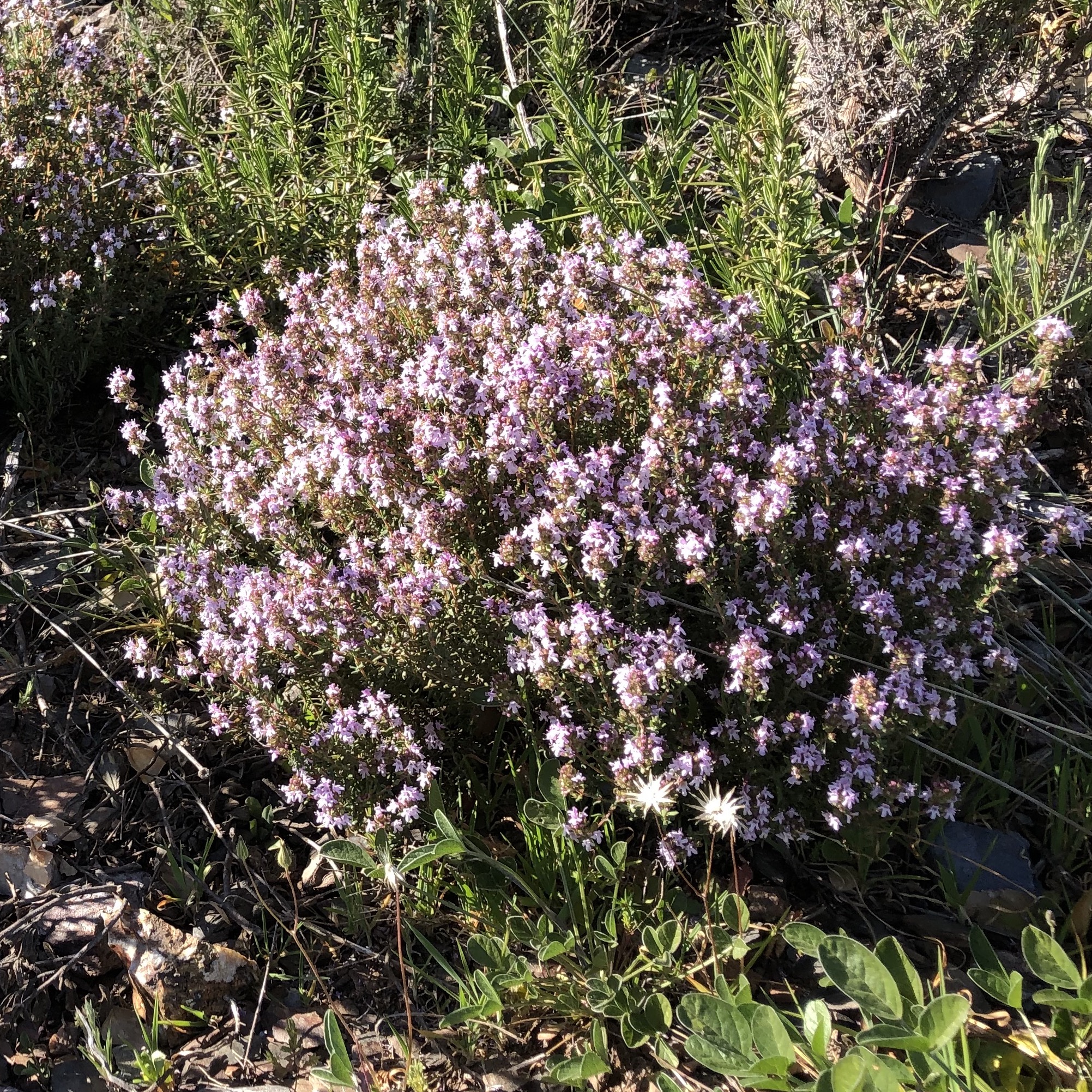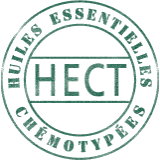Thyme, wild,
Thyme, wild, Bulgaria
100% pure and natural essential oil
Botanical name: Thymus serpyllum
Plant Part: aerial parts
Extraction method: steam distilled
Origin: Bulgaria
| 11.00$ |
Free shipping for online orders of more than 69$, before taxes, within Canada.
(View the maximum available formats for free delivery)
Cautions and warnings:
Do not use pure essential oils. Essential oils are diluted in a vegetable oil when applied to the skin. Carry out a skin tolerance test in the crook of your elbow and wait 48 hours before using the oil on the skin. Do not use the essential oil if you notice a reaction such as redness, itching or stinging.
Keep out of reach of children.
If accidental ingestion occurs, seek urgent medical attention or contact a Poison Control Center.
Avoid contact with eyes and mucous membranes. Essential oils should not be applied to the eyes, the eye contour area, neither into the ears. In case of contact, apply a plenty of vegetable oil and take promptly medical advice.
If symptoms persist or worsen when using essential oil, consult a health care practitioner.
If you have epilepsy or asthma, consult a health care practitioner prior to use.
Avoid exposure of applied area(s) to the sun.
Contraindications:
If you are pregnant or breastfeeding, do not use essential oils.
Known adverse reactions:
If you experience nausea, dizziness, headache or an allergic reaction, discontinue use.
Storage:
Store in airtight, light-resistant container at room temperature.
Responsibility:
The information contained on our site is presented purely for information purposes and cannot, in any case, bind the responsibility of the company. In no way does this information constitute a recommendation for preventive or curative treatment, prescription or diagnosis, nor should it be considered as such.
 Words by Anny Schneider
Words by Anny Schneider
This variety of thyme is the most widespread in the wild, and this throughout the northern hemisphere.
This certified organic aromatic essence was extracted from Bulgarian Serpolet.
It is softer than thymol thyme but is nevertheless bactericidal, pectoral and general tonic.
Used as an adjuvant in a synergy if not very diluted in vegetable oil or liquid soap.
Origin of this essential oil
Essential oil of wild thyme (more commonly called serpolet) from Bulgaria obtained by distillation of the flowers of the plant.
Cautions
Keep away from children, air, heat and light.More information
It is a sub-shrub used in cooking and as a medicinal plant that is native to parts of southern and eastern Europe.
Wild thyme is considered very rare in France.
The genus Thymus includes about 300 species.
It is emblematic of Mediterranean cuisine and is known in "le midi" under the name of serpoule or serpolet.
The ancient Greeks used thyme as incense in their temples.
The potion made from thyme was believed to give courage and bravery for battles (Thumos means courage in Greek).
The name could also come from the Egyptian tham, name of a plant used to embalm the body or from the Greek root thy, meaning "to exhale a smell".
Pliny already recommended it as an anti-infective.
Main components of essential oil
- Monoterpenes: paracymene 10 to 15%, gamma-terpinene, alpha-pinene, limonene, camphene, myrcene
- Monoterpenols: geraniol 10 to 15%, linalool, borneol, alpha-terpineol, terpinene-4-ol, thuyanol
- Monoterpene phenols: thymol, carvacrol (20 to 30%)
- Sesquiterpenes: beta-caryophyllene, alpha-humulene, delta-cadinene
- Terpene esters: geranyl acetate 3%
- Ketones: camphor 1 to 3%
- Oxide: 1,8-cineole
Balanced composition without extremely major component: gamma-terpinene (22-23%), paracymene (20-21%), thymol (18-19%), germacrene D (5-6%)
For further information about this product or to inquire about larger quantities, please send us an email and we will get back to you as soon as possible.
The availability and price of this product may vary without prior notice, if for some reason the quantity you have requested is currently unavailable, we will contact you shortly to discuss the best options to fulfill your needs.
References
* L’aromathérapie énergétique - Lydia Bosson
* L’aromathérapie exactement - Pierre Franchomme, Roger Jolis et Daniel Pénoël
* L’aromathérapie, Se soigner par les huiles essentielles - Dr Valnet
Log in
Subscribe to our newsletter here!
All rights reserved © 2024 - ZAYAT AROMA
Terms & conditions | Security & privacy






